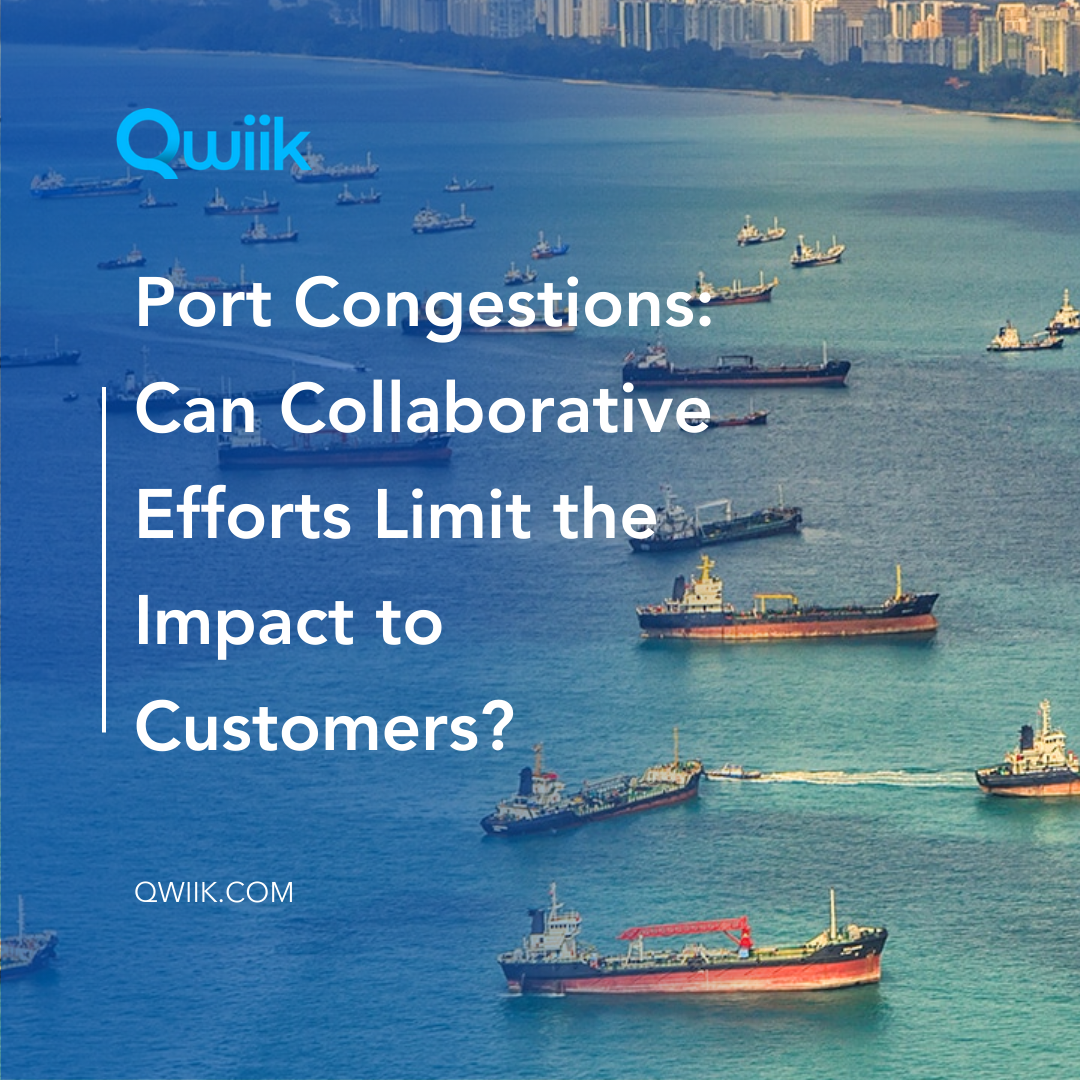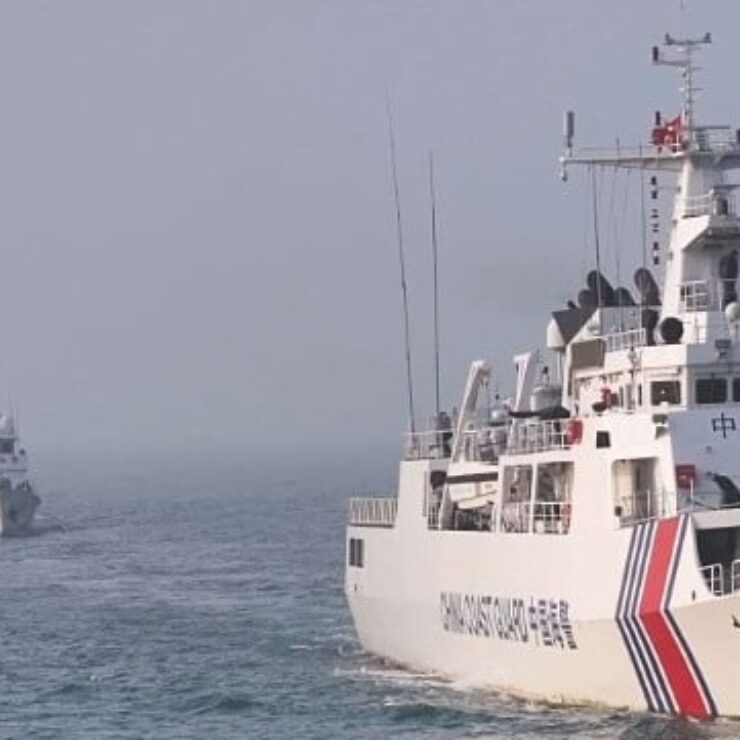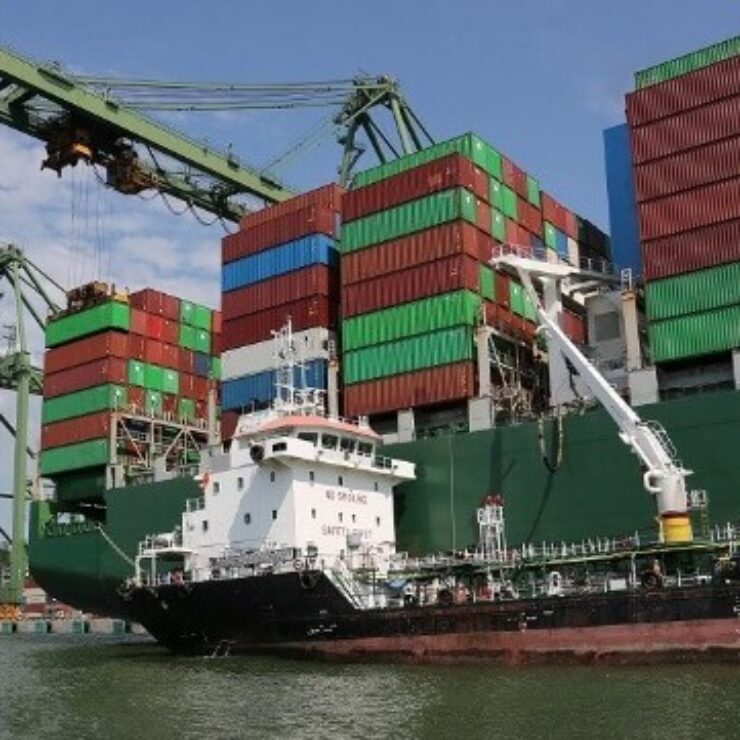Wednesday, 24 July 2024
The global shipping industry faces a significant challenge: port congestion. Ports and Terminals around the world, including key hubs in India, are experiencing saturated yards density. This translates into cascading delays, ship omissions, spiraling costs, and disrupted schedules.
The India Port Context: A Growing Challenge
India, a major player in global trade, is particularly susceptible to ship congestion. In a recent article from The Loadstar, highlighting South-East Asia’s transshipment call omissions, underscores the broader issue of port congestion impacting key trade routes. While the specific challenges in Southeast Asia may differ slightly, the core issues – infrastructure limitations, customs delays, and regional tensions – could also weigh in the ongoing situation.
These factors, combined with global issues – such as the increased demand and labor shortages, create a complex challenge for India shipping industry.
However, there is an opportunity to leverage technology for a more collaborative and efficient approach.
The Impact of Congestion on Indian Businesses
The consequences of ship congestion are particularly impactful for Businesses in India. Missed Export Opportunities are one of them, delayed shipments can lead to missed deadlines and lost export contracts.
Meanwhile, increased import costs could hinder at foreign ports and higher port fees in India can inflate import costs for businesses. Last but not least, supply chain disruptions, uncertain arrival times create difficulties in planning production and managing inventory for India companies.
Qwiik: Empowering Collaboration for Smoother Port Operations
Answering the big question, Qwiik can’t directly address congestion root cause – however, we offer solutions that are empowering collaboration and creates more efficient operating flows. Supporting real-time visibility, Qwiik provides a centralized platform for real-time information sharing on cargo import and export processes. Besides, Qwiik also improves and streamlines communication between stakeholders: ports, customs, logistics providers; and facilitates swift problem-solving and contingency planning.
At the end of the day, all of these will enhance internal and collaboration at every level while fostering a better collaboration with international partners, allowing for smoother cargo flow through regional chokepoints.
More information: Qwiik.com
Contact us: Contact us – Qwiik
#Shippingsimplied #Makeitqwiik #Port #PortOperations #Qwiik




